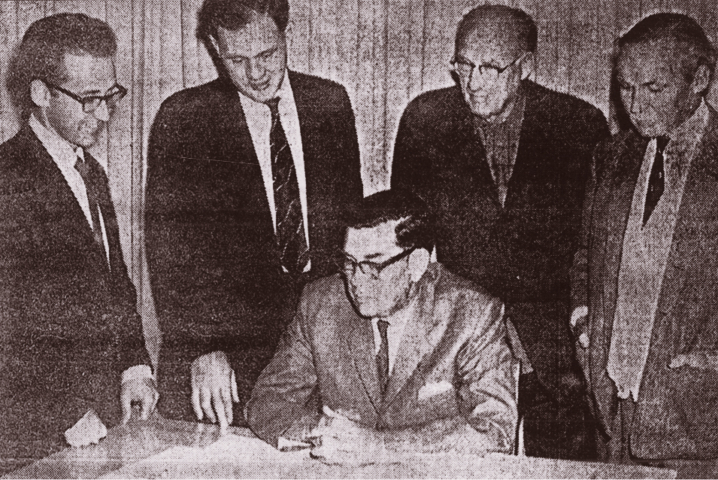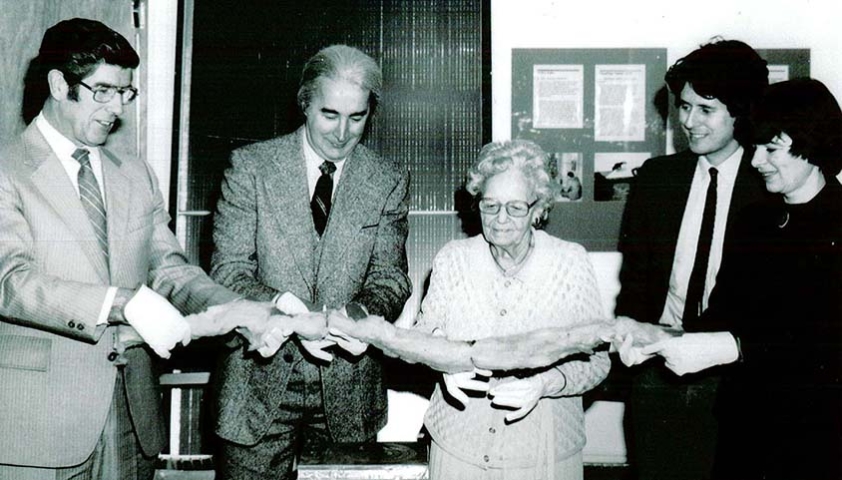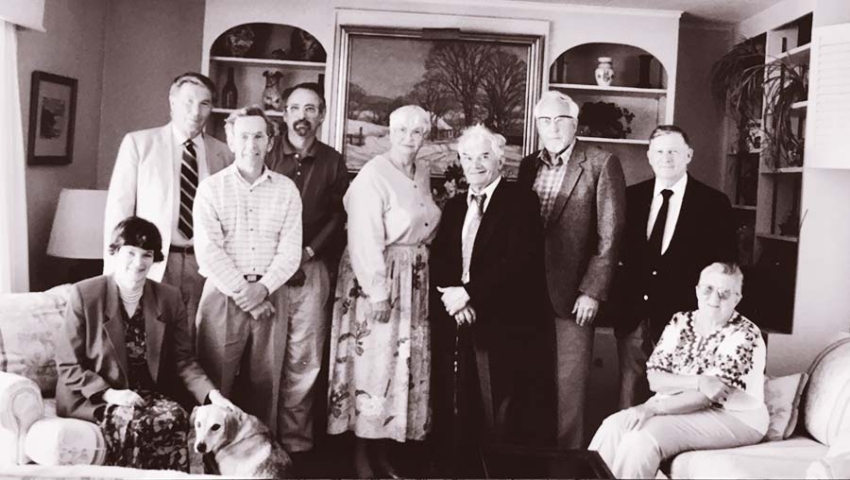Creating Awareness
We have been at the forefront of environmental protection in New Brunswick since 1969.
Our Vision
We believe the future of all life depends on bringing human activity in balance with ecological limits.
Our Mission
Our mission is to create awareness of environmental problems and advocate solutions through research, education and interventions in collaboration with others. This includes effectively communicating environmental policy initiatives to the general public and decision makers, and influencing government decision makers to implement the policies needed to protect our air, water and land.
Strategic Priority: Climate change because it constitutes a significant threat to New Brunswickers’ capacity to thrive and to the health of our air, water, land and wildlife.
The Conservation Council has been working on environmental issues in New Brunswick since 1969 as an environmental non-profit organization (ENGO). We are a registered charity with the Canada Revenue Agency.
Our Charitable Registration number is #118874841RR0001.
Our Mandate

Through education and other means, the purpose and mandate of the Conservation Council is:
- To acquire and disseminate knowledge about pollution of the natural environment;
- To create an informed public opinion on the dangers of polluting the natural environment;
- To attempt to prevent future pollution of the environment;
- To attempt to correct pollution that has already occurred;
- To make the best possible use of our renewable and non-renewable resources in order that current and future generations may continue to live on this earth and enjoy the fruits of their labours.
Our History
The idea for a provincial environmental organization for New Brunswick was first proposed in January 1969 at the annual meeting of the New Brunswick Institute of Agrology by soil scientist Kenneth Langmaid. With a $50 grant from the institute, Ken joined with a group of other scientists, writers, and journalists to found the Conservation Council of New Brunswick on October 18, 1969. Kenneth Langmaid served as our first president. The original provisional directors included Robert Strang, Gerald Shaw, and Austin Squires.
In 1979, the Conservation Council hired its first Executive Director, Dana Silk. Dana was succeeded by Janice Harvey in 1983. In 1985, David Coon joined Janice to serve as Policy Director. By 1990, the organization had grown such that it was organizing its work into programs, beginning with its Marine Conservation Program. Sustainable Agriculture and Environmental Health Programs were added in the mid-1990?s. These were followed by the establishment of Forest Conservation, Climate Action, Health Watch Programs, and most recently, Buy Local NB, Freshwater Protection, and Learning Outside.

The first Annual General Meeting of the Conservation Council of New Brunswick happened on Oct. 17, 1969. From left to right: Dr. G.G. Shaw, treasurer; Dr. R.M. Strang, secretary; K.K. Langmaid, president; Dr. Austin Squires, second vice president; and David Walker, first vice president.

After a two-year retrofit, the ribbon was cut on Conserver House in 1981. From left to right: Elbridge Wilkins, Mayor of Fredericton; Hon. Fernande Dube, Administrator of Finance, Senator Muriel McQueen Fergusson; Dana Silk, Executive Director; Dr. Lucy Dyer, President of the Conservation Council.

Reunion of the Conservation Council’s founding members. From left to right: Dr. Lucy Dyer, Dr. John Anderson, David Christie, Tim Dilworth, Margaret Taylor, Frank Withers, James Pataki, Harold Hatheway, Mary Majka.
In 2012, David Coon retired from the Conservation Council of New Brunswick after 33 years to pursue other personal passions. Lois Corbett took the reigns as Executive Director in 2014, bringing a wealth of public policy and environmental advocacy experience to the organization.
A member of the UN’s Global 500 Roll of Honour, the Conservation Council works to find practical solutions to help families and citizens, educators, governments and businesses protect the air we breathe, the water we drink, the precious marine ecosystem and the land, including the forest, that support us. We depend on our members to give us the independence we need to speak out credibly and effectively on behalf of the environment and our communities.
